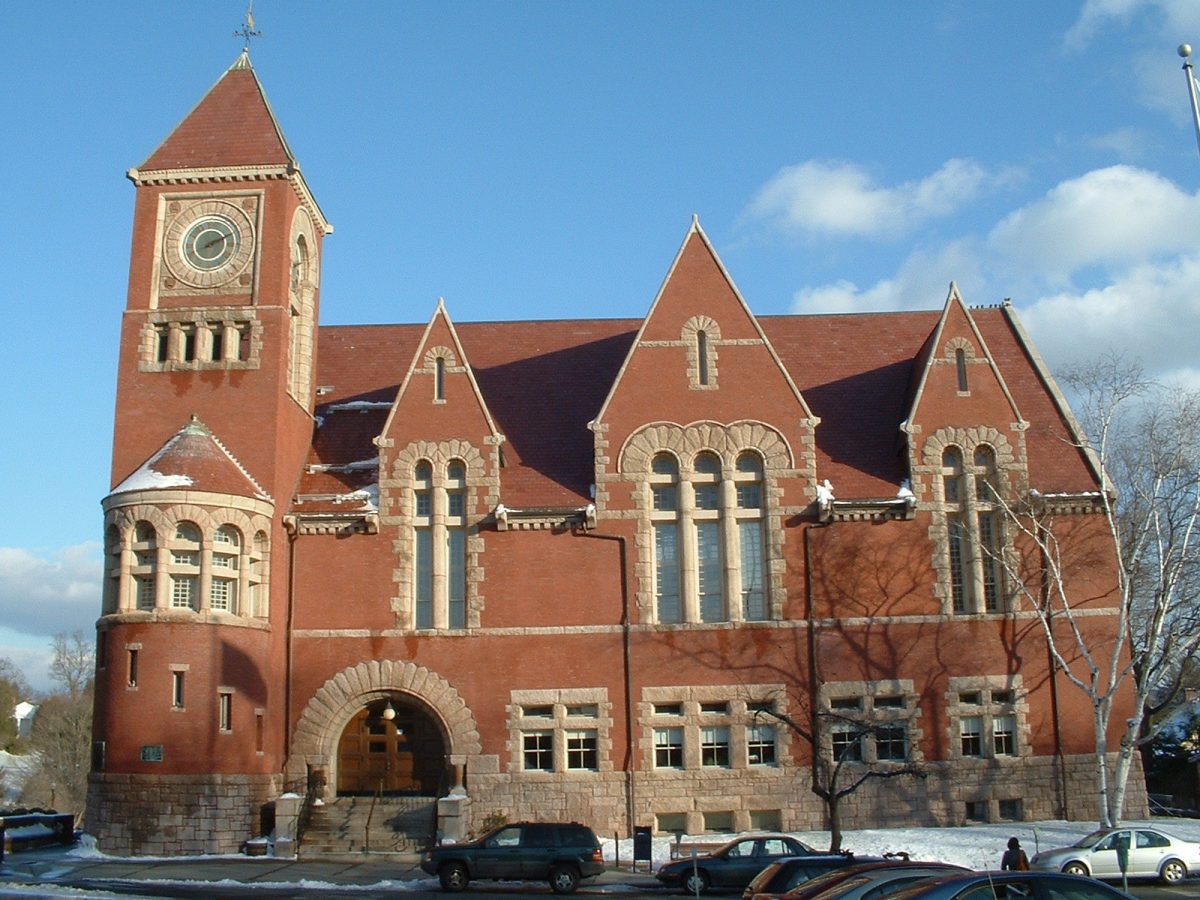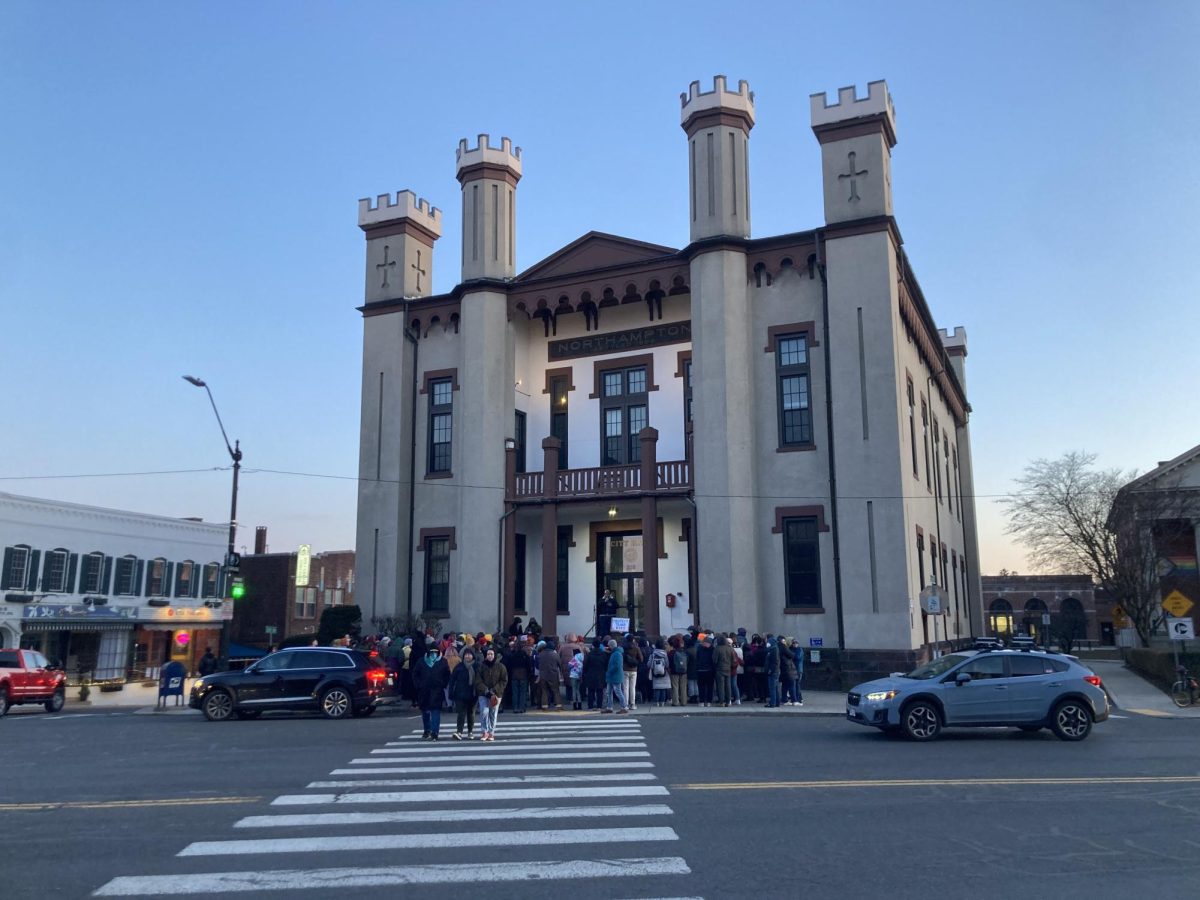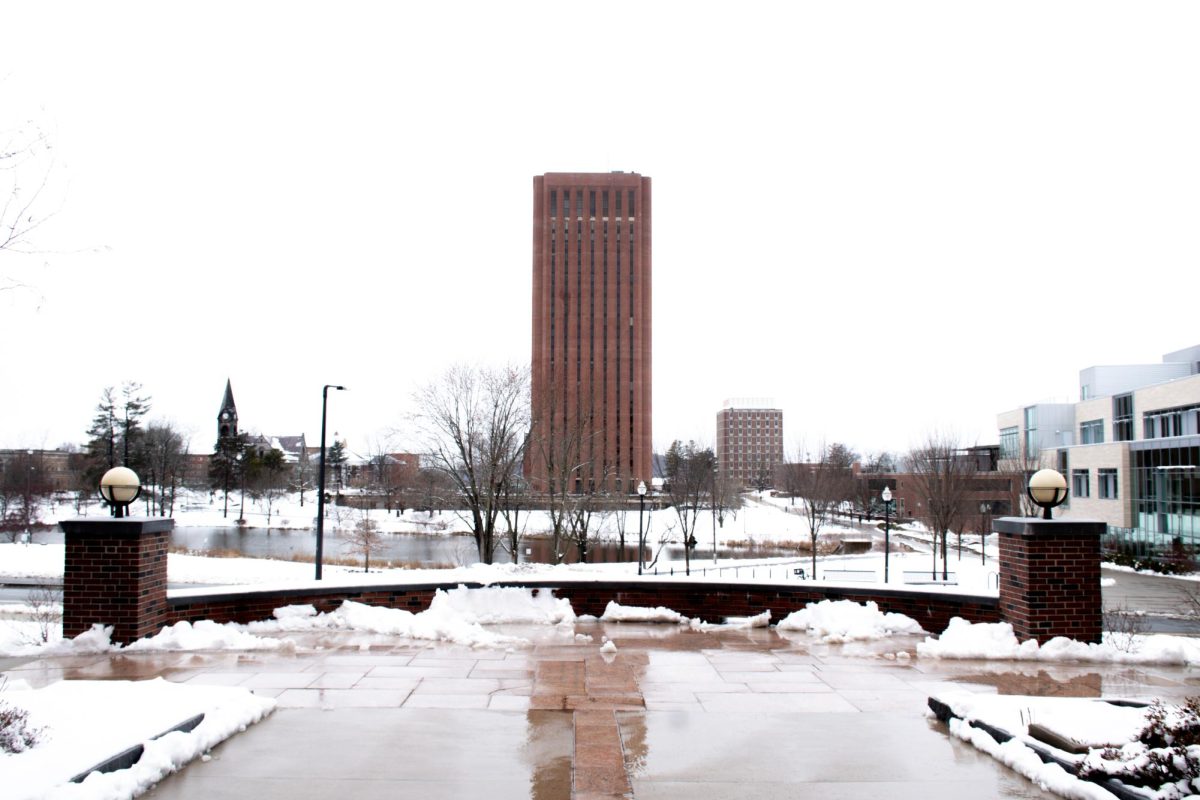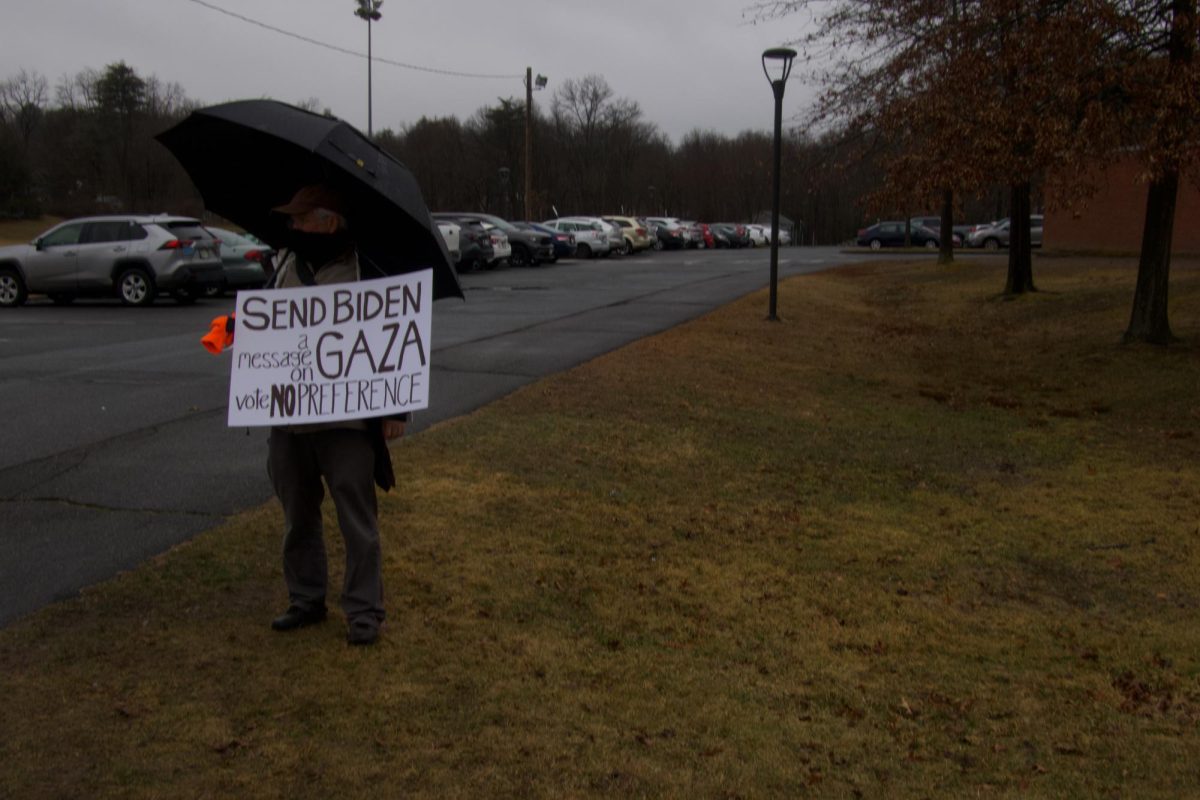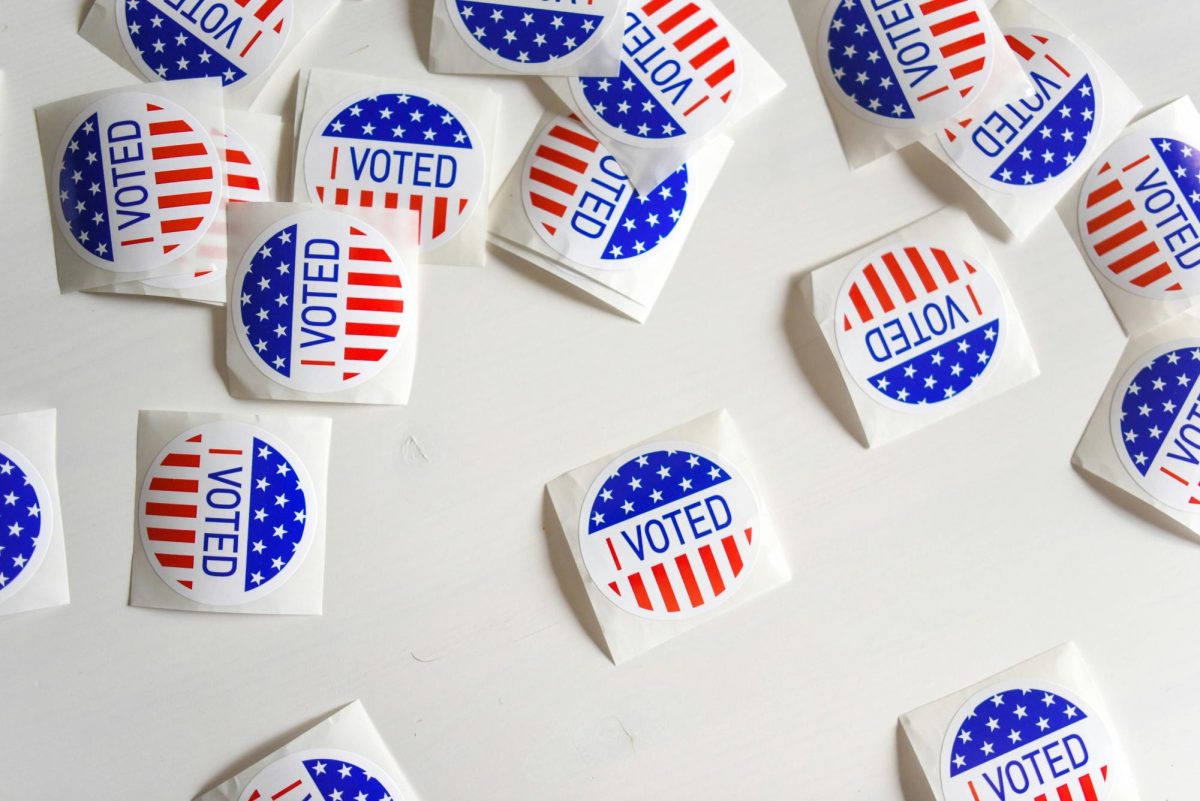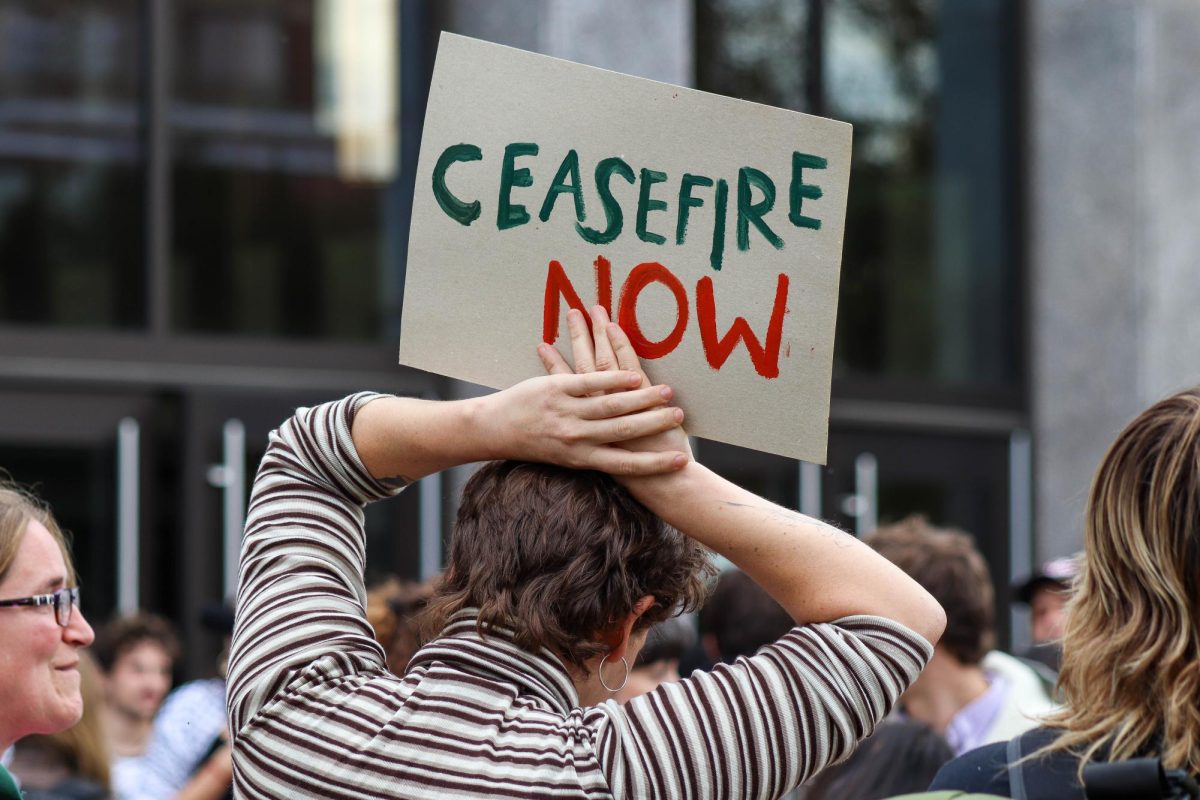
Massachusetts voters were presented with four ballot questions addressing the gas tax, recyclable bottle deposits, casinos and paid sick time for employees on Tuesday.
Question 1 asked whether or not to repeal a 2013 law that would tie the gas tax to inflation.
Voters chose to repeal this law with a “yes” vote, effectively keeping the tax at 24 cents per gallon until future legislation alters it.
Voters chose not to expand the 31-year-old Bottle Bill by voting “no” on Question 2.
The Bottle Bill, introduced in 1983, requires a 5-cent deposit on bottles and cans containing alcoholic beverages or sodas. When these bottles and cans are recycled, the purchaser makes their 5-cent deposits back; this is the state’s way of providing incentive to recycle.
A “yes” vote on Question 2 would have updated the bill to include 5-cent deposits on water bottles, juices and most other recyclable drinks. An updated Bottle Bill would have also included increases in the deposit price every five years, despite 5 cents being the deposit price since the bill’s inception.
Tuesday’s “no” outcome leaves the current system unchanged.
On Question 3, voters chose to keep plans for Massachusetts’ casinos by voting “no.” This “no” vote means the 2011 law allowing the construction of three casinos and one slot parlor will not be repealed.
Plans to build casinos in Everett and Springfield are still in effect, and construction of a Plainville slots parlor is already underway. The state also has plans to build a third casino in southeastern Massachusetts.
Supporters of the new casinos believe they will boost economic development and create jobs in their respective cities.
Voters also chose to guarantee workers’ paid sick time in a “yes” vote on Question 4.
Employers with at least 11 employees will now be required to give each employee a paid hour of sick time for every 30 hours worked. This paid sick time can be accrued only up to a maximum of 40 hours per year to discourage employees from taking advantage of the new law.
With the new law in place, employees will no longer have to choose between going to work sick and not getting paid. The paid time can also be used if a family member is sick, or to address the effects of domestic violence on an employee or an employee’s dependent.
David McLellan can be reached at [email protected].




